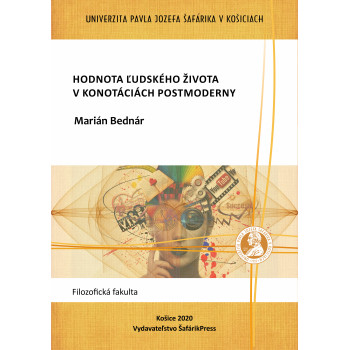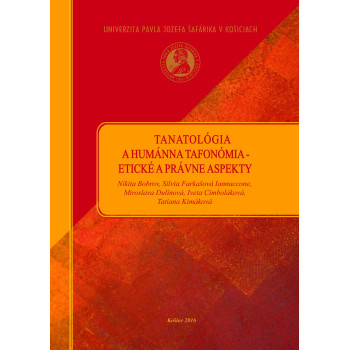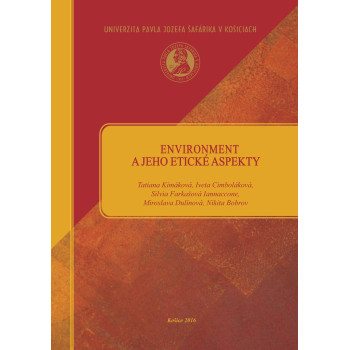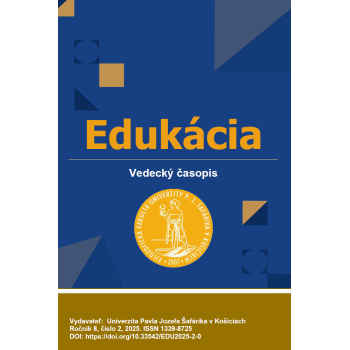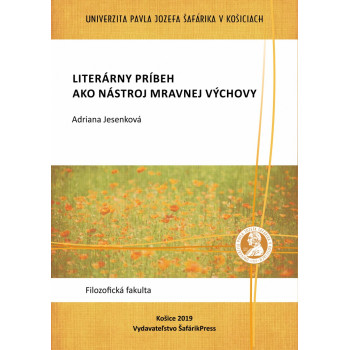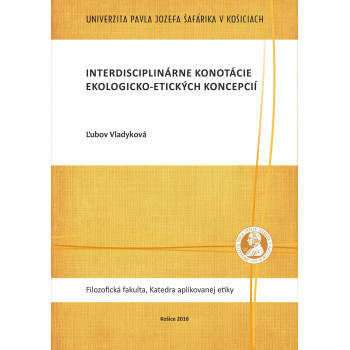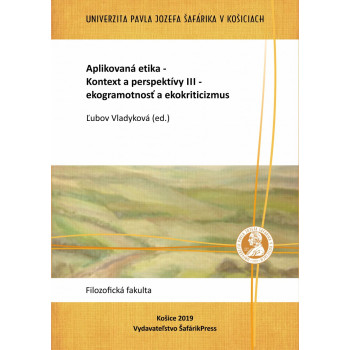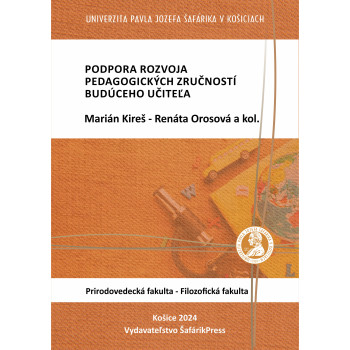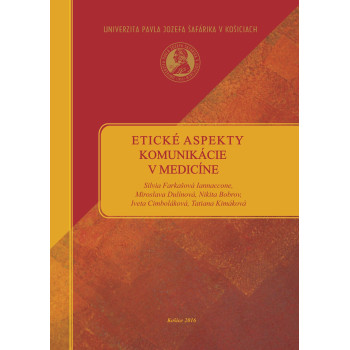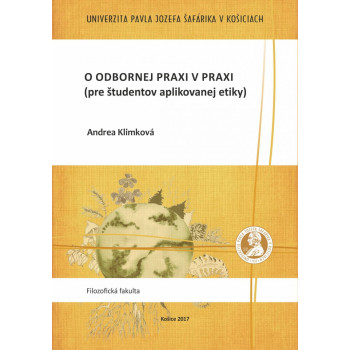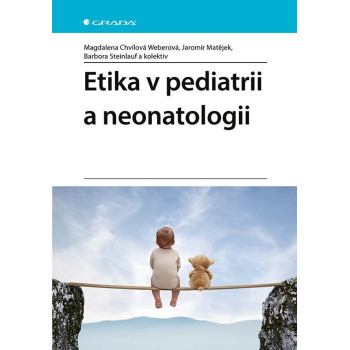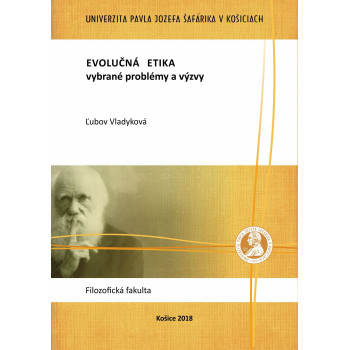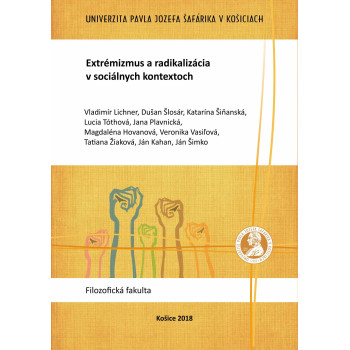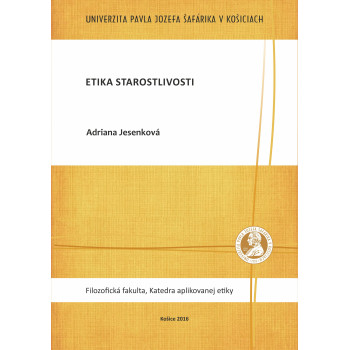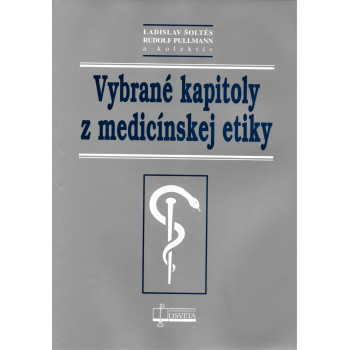
Hodnota ľudského života v konotáciách Postmoderny
E-book
The scientific monograph The Value of Human Life in the Connotations of Postmodernism presents a current issue of reflections on the value of human life. It sees in the broader connotations of postmodern society, where the approaches of applied ethics (bioethics), philosophy and Christian theology intersect. This issue is embedded in the historical, philosophical, sociological and cultural-social Postmodernism.
The monograph analyses the postmodern value system, the dominant postmodern anthropological concept, secular bioethics and civil law in relation to human life and its value. The key is the confrontation of the postmodern anti-life mentality and life in the most discussed bioethical issues: contraception, artificial insemination techniques, genetic manipulation, abortion, sterilization, (bio) technology, euthanasia. An alternative approach is offered by the theological vision of human and life presented in the Judeo-Christian context. In the light of modern theological disciplines, the personnel concept is enriched by theological anthropology culminating in an eschatological vision.
In this sense, the issue of the value of human life culminates, which is also inspired by one of the most important encyclicals of Pope John Paul II. Evangelium vitae (25th anniversary of its writing). It is she who calls for the acceptance and respect of every human life and for the practical development of a new culture of life.



